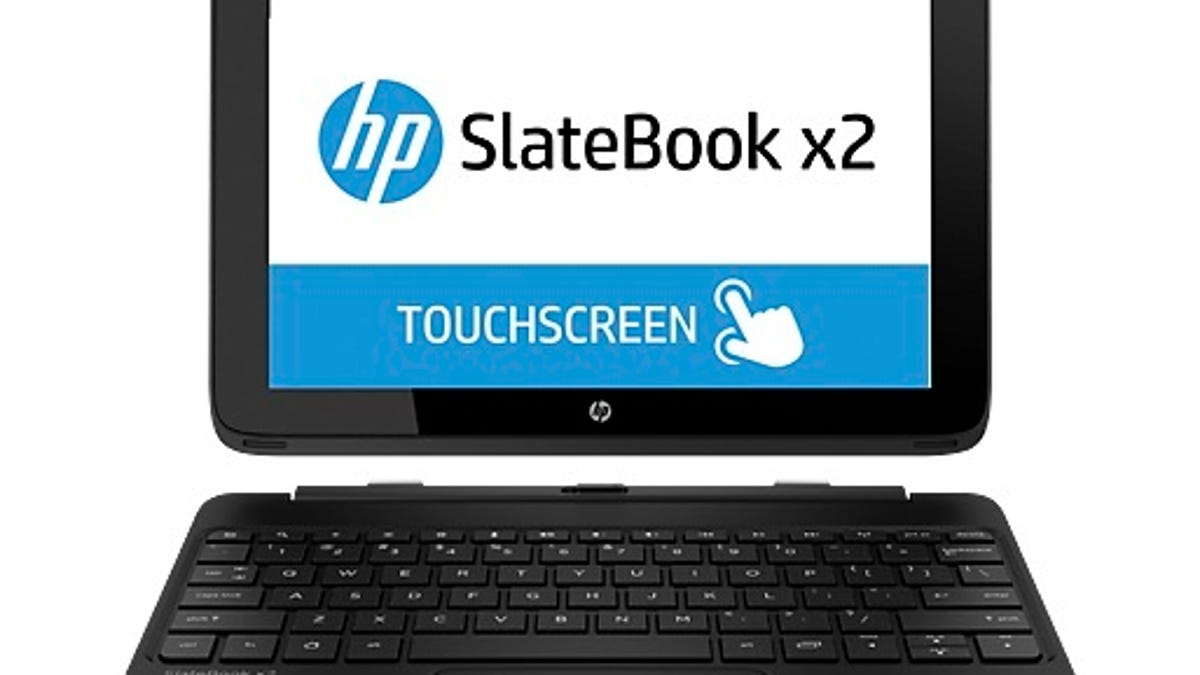HP gets serious about Android and Chrome
Hewlett-Packard saw the future this week, and that future has more and more Android and Chrome devices in it.

The largest Windows PC maker has gotten the Google religion.
Hewlett-Packard's CEO and top PC executive came out swinging this week. And they both took swipes at the traditional Windows-Intel (Wintel) PC.
"Wintel-based devices are being aggressively displaced by ARM-based PCs and mobile devices running competing operating systems," CEO Meg Whitman said this week at a company event, referring to Android and Chrome OS devices.
And she took those comments a step further by referring to (apparently erstwhile) partners Microsoft and Intel as rivals. "Long-term HP partners, like Intel and Microsoft, are increasingly becoming outright competitors," she said.
Dion Weisler, executive vice president of printing and personal systems at HP, chimed in too. "Chrome and Android represent $46 billion of opportunity and it's growing at 12 percent," he said, speaking at the same event.
While HP will continue to offer a range of Windows products -- including new Windows 8.1 laptops like the HP Spectre 13 -- a lot of the new blood is coming from Android and Chrome offerings.
Below is a sample of HP's newfound commitment to products running Google OSes.
The Chromebook 11, announced this week, is an 11.6-inch laptop running the Chrome OS on top of a Samsung Exynos 5250 processor. It's 2.3 pounds, about 0.7-inches thick, and priced at an affordable $279.
The 8-incher has a 1,600x1,200-pixel resolution IPS display and Nvidia's Tegra 4 processor to drive all those pixels. And it comes with 2GB of RAM.
That pixel count, by the way, beats the Samsung Galaxy Note 8's and Galaxy Tab 3's 1,280x800-pixel resolution screen. Not to mention the iPad Mini. But we'll have to wait for a full review to see if the screen holds up in other respects.
The $299 Chromebook 14, announced back in February, was HP's first entry into the market.
It has an Intel Celeron processor. Only time will tell if HP opts for Intel again in the future or looks to ARM chip vendors like Samsung, Nvidia, and Qualcomm.
Other new Android products announced this week include the HP Slate Extreme and HP Slate HD.

